Table of content
Introduction
Cooking noodles is a simple yet satisfying culinary task enjoyed by people worldwide. Whether you’re preparing them for a hearty breakfast, a quick lunch, or a comforting dinner, noodles offer versatility and convenience. However, one question often plagues even the most seasoned home cooks: how long should you boil noodles? The answer, as with many things in the kitchen, depends on several factors, including the type of noodle, its thickness, and your personal preference for texture. In this comprehensive guide, we’ll explore the various types of noodles, the ideal cooking times, and tips for achieving perfect results.
Types of Noodles and Their Cooking Times
Spaghetti and Pasta Noodles
Spaghetti and other pasta noodles are perhaps the most ubiquitous type of noodle globally. They come in various shapes and sizes, from thin spaghetti to wide fettuccine. The general rule for cooking pasta is to use one pound (about 450 grams) of pasta per four to six servings and boil it in a large pot of salted water. The water should be boiling vigorously before you add the pasta.
- Thin Noodles (Spaghetti, Capellini): Cook for about 6-8 minutes.
- Medium Noodles (Penne, Rigatoni): Cook for 8-10 minutes.
- Thick Noodles (Pappardelle, Fettuccine): Cook for 10-12 minutes.
It’s crucial to test the pasta for doneness by tasting a piece. Al dente, which means “to the tooth” in Italian, is the preferred texture. It should be firm but not crunchy. If you prefer softer pasta, you can cook it for a few minutes longer.
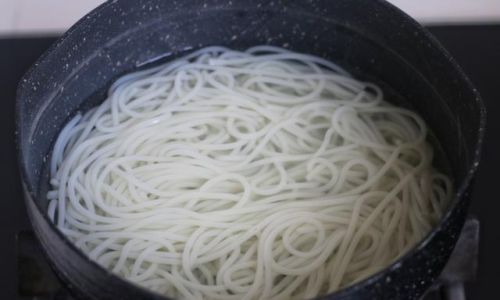
Asian Noodles
Asian noodles are a vast category that includes everything from Japanese udon and soba to Chinese lo mein and Korean jajangmyeon. These noodles vary widely in ingredients, texture, and cooking methods.
- Udon Noodles: Made from wheat flour, these thick, white noodles are often served in hot soups. Boil for about 8-10 minutes until they are tender but still have some bite.
- Soba Noodles: Made from buckwheat flour, soba noodles are thinner and have a nutty flavor. Boil for about 6-8 minutes.
- Lo Mein Noodles: These are typically made from wheat flour and are often stir-fried. However, if boiling, cook for about 4-5 minutes until al dente.
- Rice Noodles (Pad Thai Noodles, Rice Vermicelli): These noodles are made from rice flour and are translucent when cooked. Soak them in hot water for about 10-15 minutes or boil for 3-5 minutes until they are soft and pliable.
Italian Egg Noodles and Homemade Pasta
Egg noodles and homemade pasta are rich and tender due to the addition of eggs. They require careful cooking to avoid becoming mushy.

- Fresh Egg Noodles: Boil for about 3-5 minutes. Fresh pasta cooks much faster than dried pasta.
- Homemade Pasta: Depending on the thickness, homemade pasta can take anywhere from 2-4 minutes to cook. Always test for doneness by tasting a small piece.
Noodles from Around the World
Noodles are a staple in many cuisines, each with its unique cooking method.
- Indian Idli and Dosa Batter Noodles (Though not traditional noodles, made from rice and lentil flour): Steam idli for about 15-20 minutes, while dosa batter, when made into thin noodles and fried, takes just a few minutes.
- Mexican Sopapillas (Though not noodles, a fried dough pastry): These are not boiled but fried until golden brown. However, if you’re looking for a dough-based snack, boiling dough pieces briefly before frying can soften them.
- Middle Eastern Kousa Mahshi (Stuffed Zucchini Noodles): While zucchini isn’t traditionally boiled as noodles, spiralizing zucchini and steaming or sautéing it for a few minutes can create a noodle-like texture.
Factors Affecting Cooking Time
Several factors can influence how long you need to boil noodles:
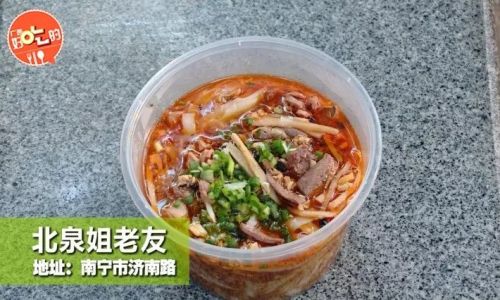
- Noodle Thickness: Thicker noodles require more cooking time than thinner ones.
- Noodle Type: Different ingredients and manufacturing processes affect cooking times.
- Altitude: At higher altitudes, boiling points are lower, so noodles may take longer to cook.
- Water Temperature: Always start with boiling water to ensure even cooking.
- Salt: Adding salt to the boiling water helps to season the noodles and can slightly affect cooking time by raising the water’s boiling point.
Tips for Perfect Noodles
- Use a Large Pot: A large pot ensures plenty of water, which helps the noodles cook evenly and prevents sticking.
- Don’t Overcrowd: Cook noodles in batches if necessary to avoid overcrowding the pot.
- Reserve Pasta Water: Before draining the noodles, reserve a cup of pasta water. It can be used to loosen sauces or add creaminess to your dish.
- Stir Occasionally: Stirring the noodles occasionally prevents them from sticking together or to the pot.
- Test for Doneness: Always taste a piece of noodle to check for doneness. Overcooking can turn noodles mushy.
- Finish with Sauce: Toss the cooked noodles with a bit of sauce or olive oil to prevent sticking and enhance flavor.
Conclusion
Boiling noodles may seem like a straightforward task, but achieving perfect results requires attention to detail and an understanding of the factors that affect cooking time. By considering the type of noodle, its thickness, and your preferred texture, you can cook noodles that are both delicious and satisfying. Whether you’re making a classic Italian pasta dish, a flavorful Asian stir-fry, or exploring noodles from around the world, following these guidelines will help you achieve consistent results. Happy cooking!
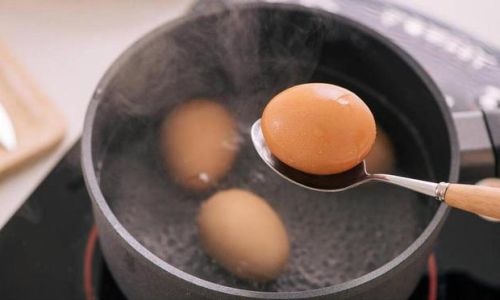
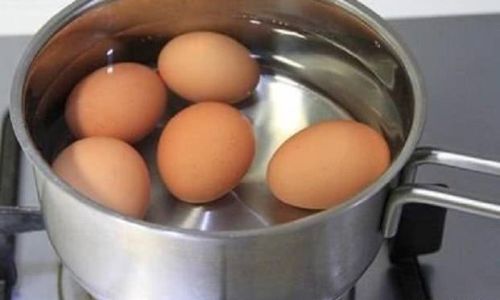
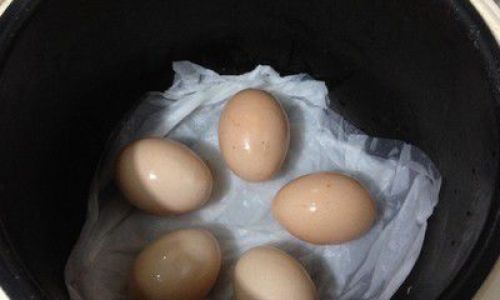
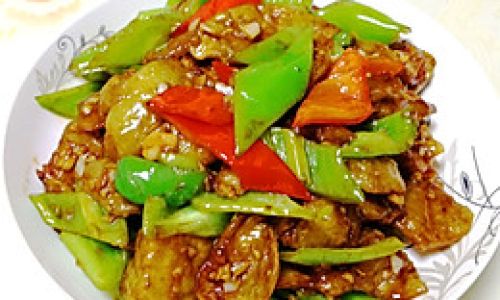
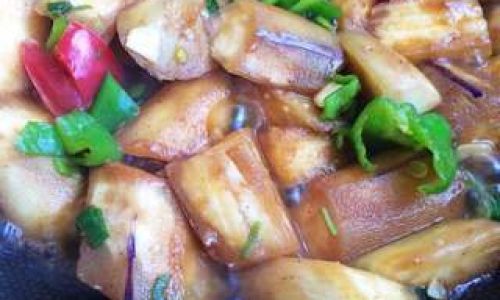
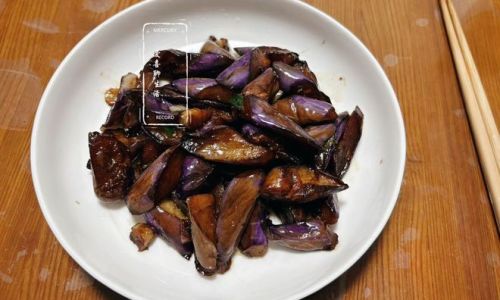
0 comments